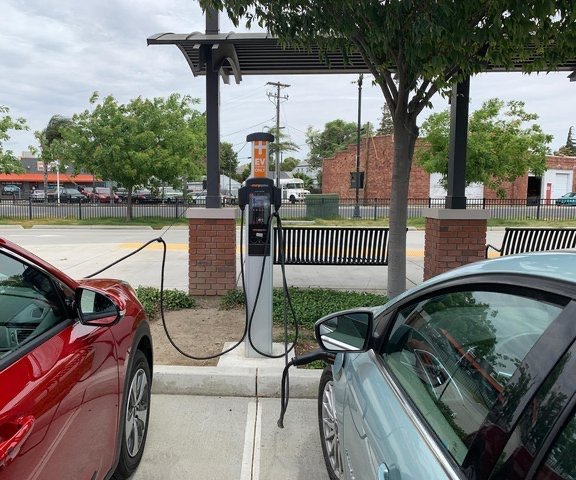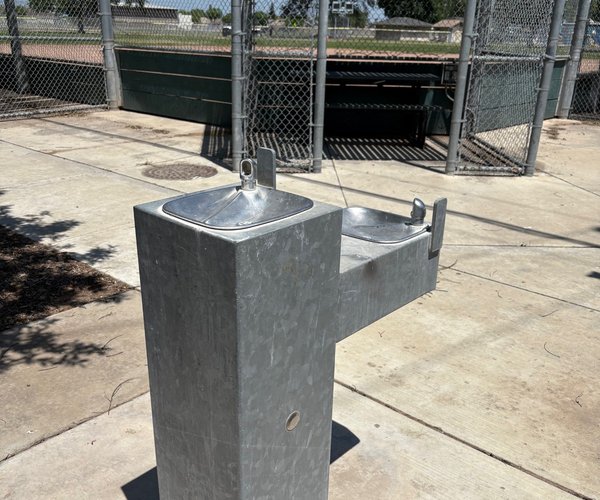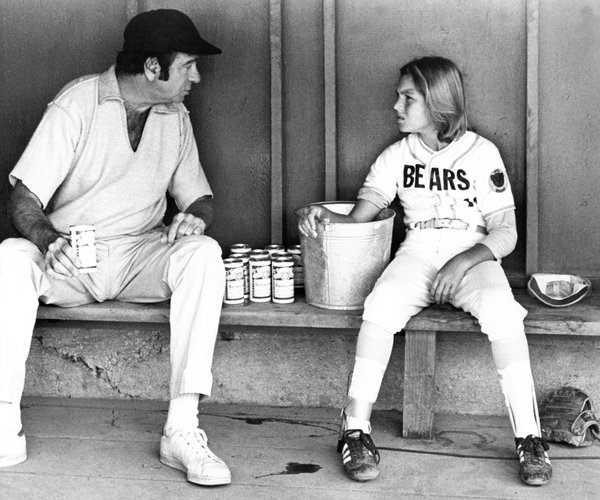Pity those who fled California for Montana, seeking a state not ruled by nonsense.
To be clear, that’s the general line delivered by many who gleefully look in the rear view mirror after they load up the truck and move to the other side of the hill we call the Sierra seeking green pastures under redder skies-.
They contend government lunacy, which includes state court rulings, as being more than a little out of control here in the Golden State.
They may want to rethink their general slam on California in light of the Montana Supreme Court ruling last week.
On a 6-1 vote, the Montana Supreme Court essentially ruled Montanans have a constitutional right to be protected from climate change.
Given 3 percent of the Yellowstone National Park is located in Montana, the National Park Service needs to get its act together.
The Yellowstone caldera — defined by a massive crater left after the mouth of a volcano exploded — last erupted 70,000 years ago.
The United States Geological Survey, based on extensive geophysical activity and hydrothermal unrest symbolized by Old Faithful, rates Yellowstone as an active volcano,
Included in the USGS active column are seven volcanoes in California.
On that list is the Long Valley Caldera, by far the closest to the Northern San Joaquin Valley.
It is due east of the valley via a 130 mile drive on Highway 120 when the Tioga Pass entrance to Yosemite National Park is clear of snow and open.
Volcanoes, in case anyone really follows the science any more, is the right next to the undisputed Godzilla in terms of forces that trigger climate change which is a massive asteroid striking the earth.
Now let’s talk turkey about details of the Montana climate change lawsuit and the subsequent ruling of that state’s Supreme Court.
Sixteen youthful plaintiffs in 2020 filed a lawsuit (Held v. Montana).
They challenged a pair of Montana permitting laws that prohibit state regulators from weighing the climate impacts of projects.
The youth argued climate changes caused them anxiety and stress.
The lawsuit states the youthful plaintiffs felt “fear from disappearing glaciers in Montana (both aesthetically and from the dependence many communities place on them for water through the summer); the impacts climate change is having on culturally important native wildlife, plants, snow and practices; summed smoke and extreme heat” and much more.
The court majority, in ruling for the plaintiffs, stated the right to a “clean and healthful environment” in the State of Montana constitution includes protection from the purported harms of climate change.
If one follows the science, the big mover of climate change isn’t manmade but nature.
And if is applied to global CO2 emissions, man’s activities in the Big Sky Country hardly moves the need in terms of climate change impacts on Montana per se.
Rest assured it is more than open season on fossil fuel in a state that is about as far away from being positioned as a state can be to mandate universal zero emission cars given EVs are the only really available technology.
Then there is the issue of Montana not being a hot bed for solar and wind electricity production.
That doesn’t take into account a wide swath of the population requires the burning of wood or propane to heat homes.
The bottom-line is even permitting the construction of another home not powered by something other than fossil fuel could now be challenged with a lawsuit in Montana.
Unless the state can figure grounds to challenge the ruling as being based on language in the Montana constitutional that somehow violates rights conferred by the federal constitution, Held v. Montana won’t make it to the federal court system.
And if it does, the only path to the United States Supreme Court is through the 9th District Court of Appeals based in San Francisco that oversees nine states including Montana.
Rest assured, the success in Montana will likely trigger similar efforts to use the courts to impose rulings that citizens have a constitutional right to be protected from climate change given it can cause severe stress and anxiety.
Hasta la vista government permits to allow things such as Burning Man.
Get ready for farmers, bass fishermen, and cities to sue the California Department of Water Resources for causing anxiety and stress when water deliveries are cutback during droughts.
Crank up court filings to sue the State of California — second only to the federal government when it comes to wildland ownership in the Golden State — contending Sacramento didn’t do enough to keep climate change in check that created conditions that accelerates the frequency and intensity of wildfires.
The state of Montana’s high court basically puts state government on the hook to stop climate change.
In reality, the best any state can do is slowdown climate change, in what could be argued as being nothing but a mere infinitesimal moving of the proverbial needle.
And let’s not forget the 340 million Americans — including 1.069 million Montanans — that need to be sheltered, fed, kept warm, and such including youth that find the thought of climate change as being stressful and making them anxious.
The ruling is akin to striking a legal El Dorado for plaintiff attorneys.
If the Montana plaintiffs are serious about reducing their anxiety and stress levels created from climate change, maybe they should boycott the use of anything that contributes to it in Montana.
No more riding in vehicles fueled by gasoline or diesel.
No more eating burgers from McDonald’s made from beef cattle that pass gas.
No more playing video games on consoles or charging smartphones that create larger and larger demands for electricity that is overwhelmingly generated by fossil fuel.
No more living in dwellings that required any type of fossil fuel to harvest, refine, transport, and put together.
No more bonfires or campfires.
Remember, as Greta Thunberg might say, only you can prevent climate change.
This column is the opinion of editor, Dennis Wyatt, and does not necessarily represent the opinions of The Bulletin or 209 Multimedia. He can be reached at dwyatt@mantecabulletin.com






